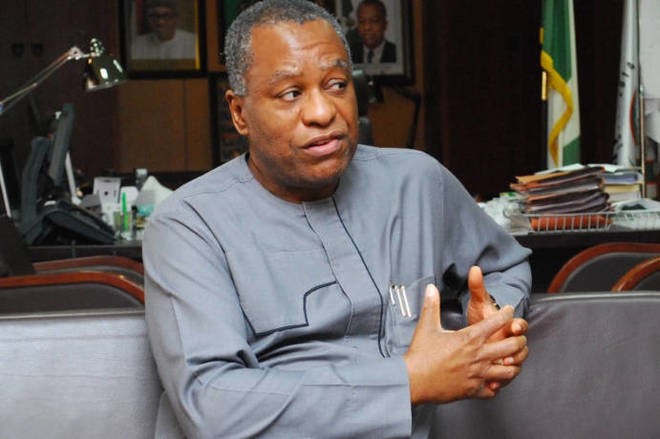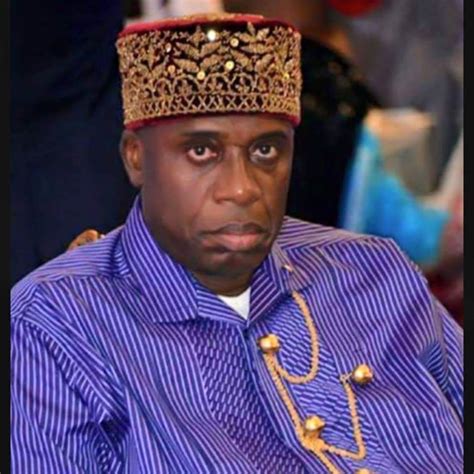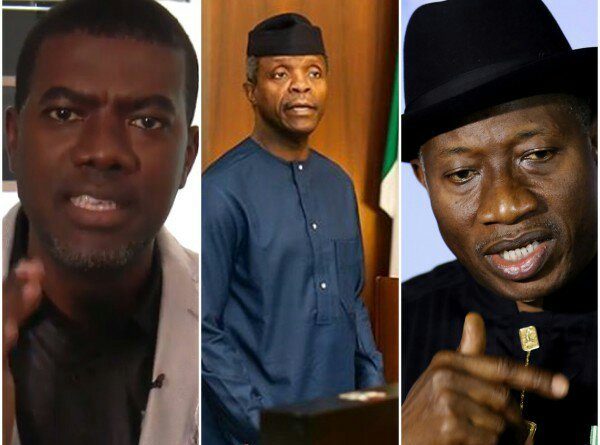
Life goes on
The ongoing tension between Zimbabwe’s two main political parties isn’t reflected on the ground at all.
In fact around the centre of the capital city, Harare, people are going about their business as if an election never happened. Many people here don’t believe elections can change their lives.
Harare is an opposition stronghold where the main opposition Citizens Coalition for Change (CCC) swept close to 90% of the seats.
Some believe that the CCC should accept the overall results that has kept Zanu-PF’s President Emmerson Mnangagwa in power, and focus instead on preparation for the next general election in 2028. Others feel the party should put pressure on the international community to act on reports of vote-rigging.
One Harare resident told the BBC that although she was not expecting a different result, she was now thinking about migrating because for fear of what this disputed win would mean for the economy.
Another woman said she would want to leave Zimbabwe but that she had nowhere to go, and was grateful for her job as cleaner, however menial, because it allows her to feed her family.
Her sentiments echo the resignation that is so apparent. Even as the police say they are prepared to put down any form of protest, few ordinary people here have the appetite for it.
In 2018, ordinary people were killed on these streets when the military opened fire on the protestors angry about the delay in releasing results.
meanwhile the UN Secretary General António Guterres has expressed concern over the arrest of Zimbabwe election observers amid “reports of voter intimidation, threats of violence, harassment and coercion”.
He has called on political leaders and their supporters to reject all forms of violence and respect human rights and the rule of law.
“The secretary general calls on political actors to peacefully settle any disputes through established legal and institutional channels, and urges the competent authorities to resolve any disputes in a fair, expeditious, and transparent manner,” a statement from his spokesperson said.
The electoral commission announced President Emmerson Mnangagwa to have won with 52.6% of the vote.
But the opposition also claimed to have won, saying there was widespread vote-rigging, and observers said the vote fell short of democratic standards.
Last week more than 40 poll monitors were arrested as they were trying to compile their own vote count to compare with the official tally.
The arrests have been condemned by rights groups.




Recent Comments